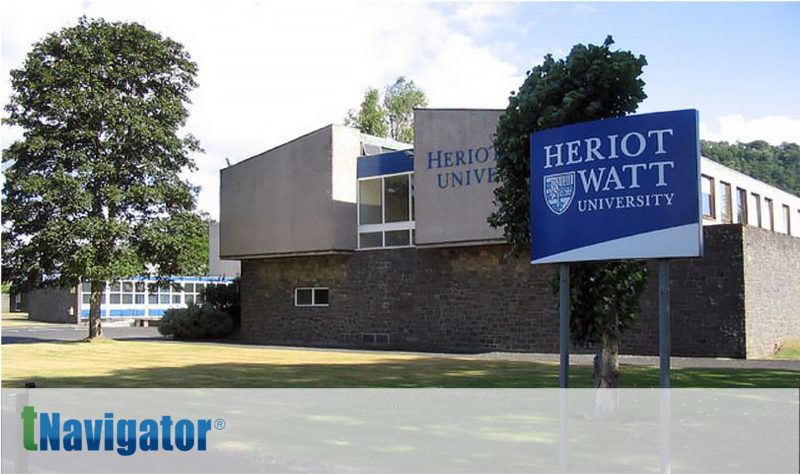Rock Flow Dynamics was pleased to support students on Heriot-Watt’s Reservoir Evaluation and Management MSc programme with access to tNavigator licenses via remote license server during their recent project. Read below to find out how they carried out a virtual 10 day field trip with their students, then used the modelling tools available within tNavigator to build the geological grid and convert to a dynamic simulation model.

Fieldwork in the age of CoVID
“The best geologist is one who has seen the most rocks” said the great geology professor H. H. Read explaining in one sentence what every student, graduate, professional or academic geoscientist knows – you need to get into the field to learn about the earth. Fieldwork, for those who study and love geology, is not really work in the sense of something to avoid, but where all the theory and knowledge come together. Field trips are so important that every geoscience department worth its salt runs at least one field trip each year for its students.
At Heriot-Watt we take our students each year for 10 days into the field in North East Spain to study the world-class outcrops the region has to offer. For the Reservoir Evaluation and Management (REM) MSc programme, our students go beyond a normal geological field trip, learn how to go from outcrop analogue to full flow simulation each day for a range of different geological systems. Students work in teams, interpreting at the outcrop, identifying the key heterogeneities, then building and simulating reservoir models to see how the geology impacts on the flow response. All this is done in the field over 10 days.
Beyond the experience of seeing fantastic rocks in the field, the trip – like so many other field trips in field areas all over the world – creates a fantastic environment for team building or forming lasting friendships. The shared experience of being together in these beautiful and fascinating places adds an extra experience to the trip.
This year it all changed. Covid-19 struck early in 2020, impacting our students in so many ways, including the cancellation of our field trip. As the UK moved towards lockdown, our students left the UK to return home, our staff isolated at home and the access to university software and hardware was cut off to students who could no longer physically access our desktops and laptops. With no way to travel to visit outcrops safely we needed a way to replace the essence of the fieldtrip experience (learning how to go from outcrop to model, working as a team, studying geology, building models and flowing them) as a virtual trip.
Luckily there are companies out there who were very generous in supporting our students under the new lockdown conditions of working – and for this trip RFD stepped up and allowed it to go ahead by providing our students with short term licenses to the full suite of their latest tNavigator software. Each student was provided a licensed copy of tNavigator to install on their laptop/PC. The geology designer tool allowed them to build geological models based on a range of geostatistical tools, or import grid properties from research tools like Flumy. Students could then convert the geological grids to reservoir simulation models and “flow” them, to understand how different heterogeneities impact on how fluids move through the rocks.
Our new virtual trip worked by creating virtual teams in Basecamp, with students and staff working together remotely as a team. Each team had access to the wide library of literature on reservoir outcrops at Heriot-Watt’s digital library and we made use of the excellent v3geo.com online library of digital outcrop models. Using video conferencing technology such as Zoom or MS Teams we could visit virtual outcrops with our students, to give them training in working an outcrop before letting them loose on the huge library of models v3geo has to offer.
Students worked remotely for a 10 day virtual trip to develop a range of end member geological models for fluvial, shallow marine and deep water environments, using the modeling tools available in tNavigator. The models provided insight into the flow response and economic impact of different geological outcomes – students could see how different geological features impacted (or did not impact) flow and value. The trip ended with a final pitch presentation, with teams vying for investment to develop a reservoir based on their work modeling analogues.
So while we didn’t get to meet any rocks in person, our students could still learn essential skills in building models and understanding how geology impacts on flow. A very good lesson indeed, helped by the kind donations of companies like RFD. Thank you.
Dr. Daniel Arnold, Associate Professor at Heriot-Watt’s Institute of Geoenergy Engineering
KeyFacts Energy Industry Directory: Rock Flow Dynamics
 KEYFACT Energy
KEYFACT Energy